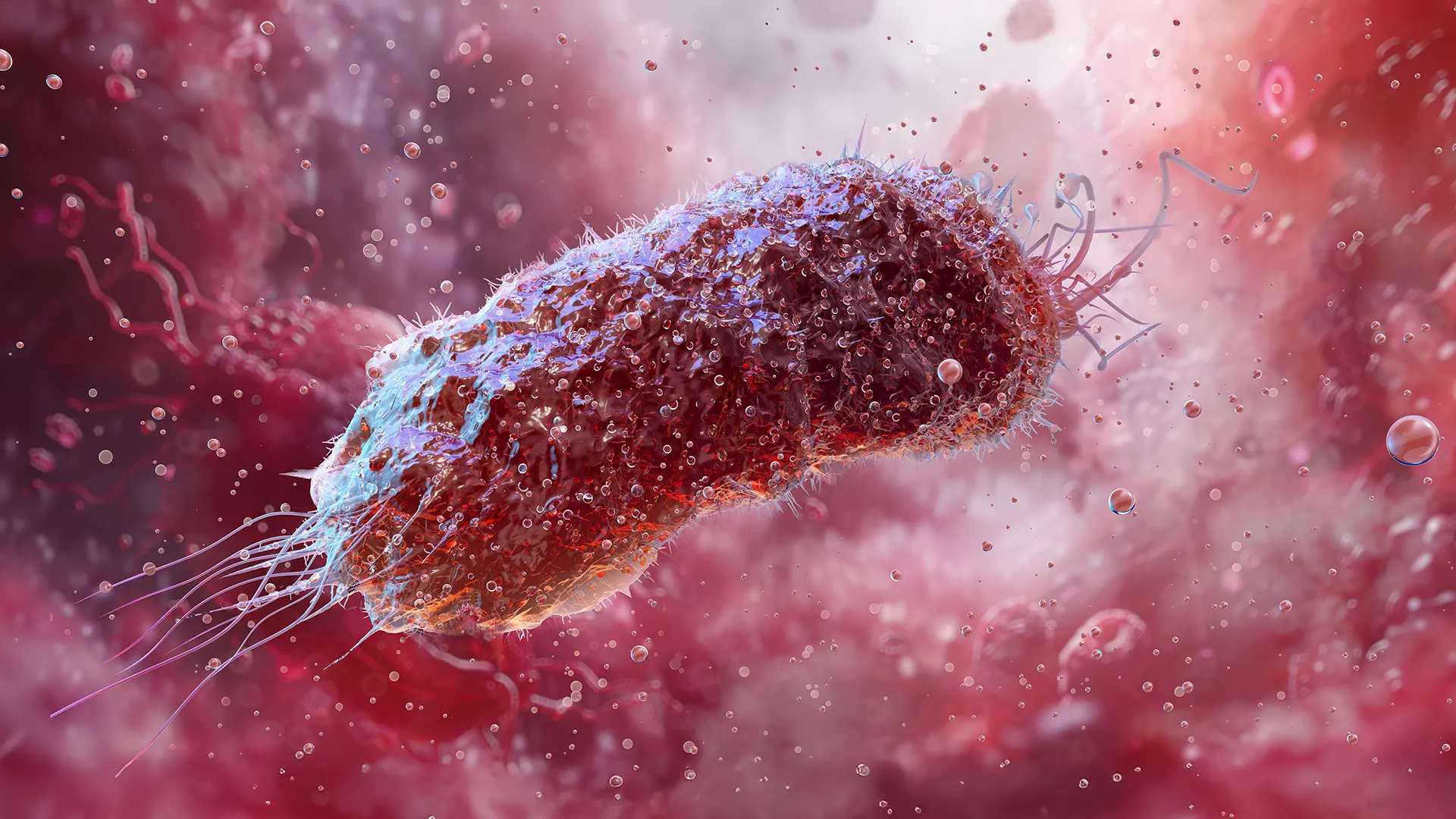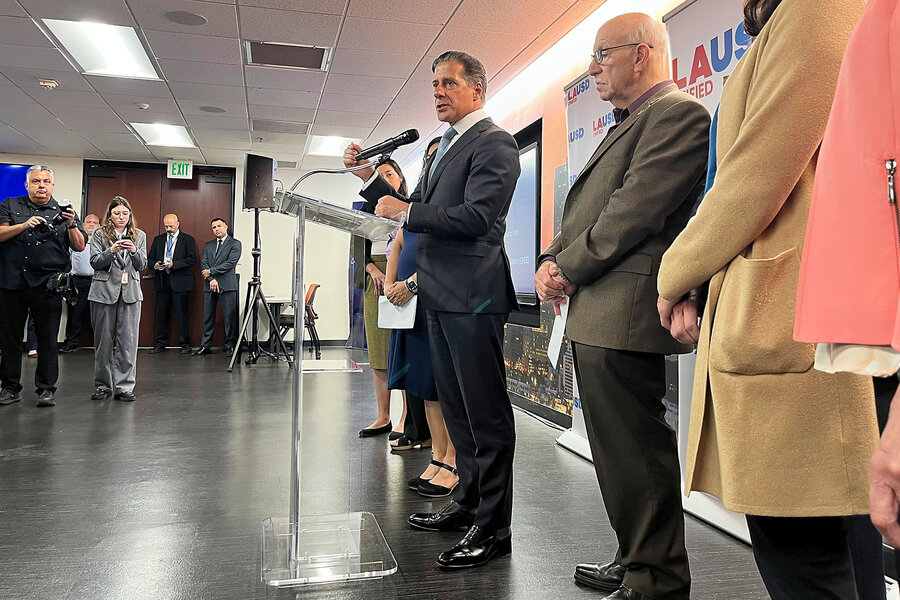Now Reading: Common Antibiotic Linked to Rising Bacterial Resistance
-
01
Common Antibiotic Linked to Rising Bacterial Resistance
Common Antibiotic Linked to Rising Bacterial Resistance

Rapid Summary
- A study from Rutgers Health reveals that the antibiotic ciprofloxacin can unintentionally help E.coli bacteria become more resilient and evolve resistance.
- Ciprofloxacin causes a crash in ATP (cellular energy), inducing “bioenergetic stress” in E. coli, prompting cells to accelerate metabolism rather then slow down.
- This metabolic surge leads to two concerning outcomes:
1. Formation of persister cells,which survive antibiotics and rebound after treatment ends.
2. Faster mutations that accelerate antibiotic resistance; stressed cells evolved resistance in fewer cycles compared to normal ones.
- The stringent response, a bacterial stress-triggered defense mechanism, was identified as key to survival during these conditions.
- Other antibiotics like gentamicin and ampicillin also drain cellular ATP,indicating broader implications for multiple pathogens like Mycobacterium tuberculosis. Antibiotic resistance contributes to over a million deaths annually worldwide.
- Suggested strategies include designing drugs free from energy-draining side effects, pairing treatments with anti-evolution agents, and reconsidering high-dose approaches that may inadvertently strengthen bacteria.
Indian opinion Analysis
The findings from Rutgers Health underscore the complexities of managing bacterial infections amid rising global antibiotic resistance-a critical issue for India where overuse of antibiotics is common due to readily available medications without prescriptions and inadequate regulation systems. As this study highlights how antibiotics may unintentionally aid microbial survival and adaptation, it calls for reevaluating traditional treatment methods seen globally.
For India specifically, incorporating metabolic-impact screenings into drug approval processes could ensure future medications are less likely to foster resistant strains or persister cells accidentally. Awareness campaigns aimed at healthcare professionals about careful dosing practices could mitigate risks amplified by aggressive application protocols often adopted here.
Additionally, advancements based on this research-anti-evolution boosters or strategies targeting bioenergetic processes-have significant potential applications for curbing life-threatening diseases in India like tuberculosis (Mycobacterium tuberculosis) which remains a major public health concern worsened by multi-drug resistant strains.
While innovation promises breakthroughs against evolving pathogens seen globally including India’s context proactive infrastructure reforms around pharmaceutical supervision compliance vigilant rationalization still necessary contain such looming threats ultimately safeguarding population welfare sustainably.


























